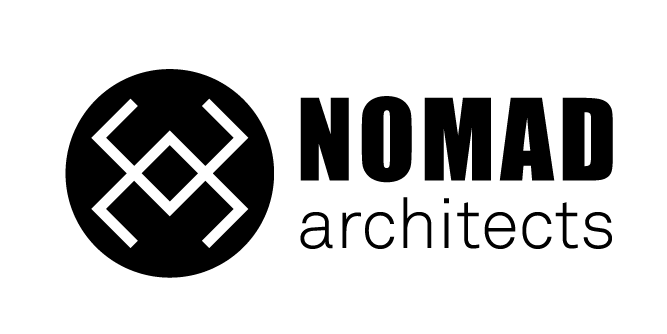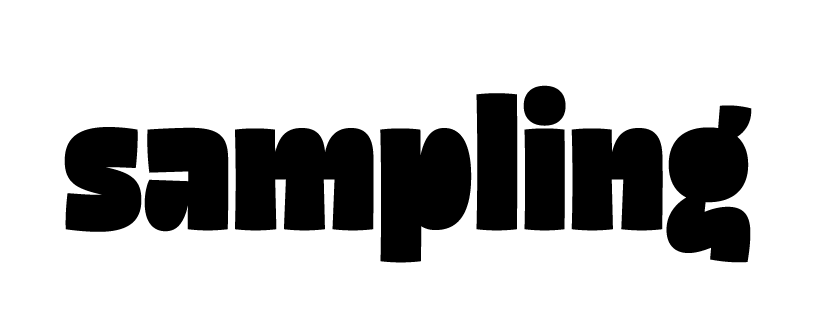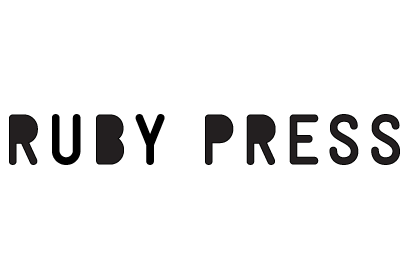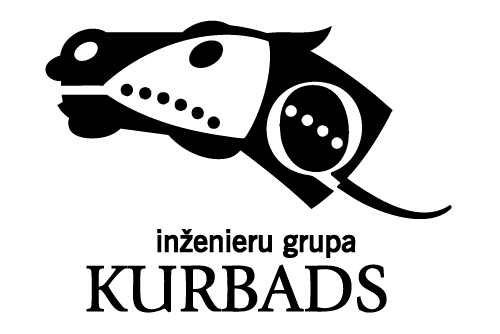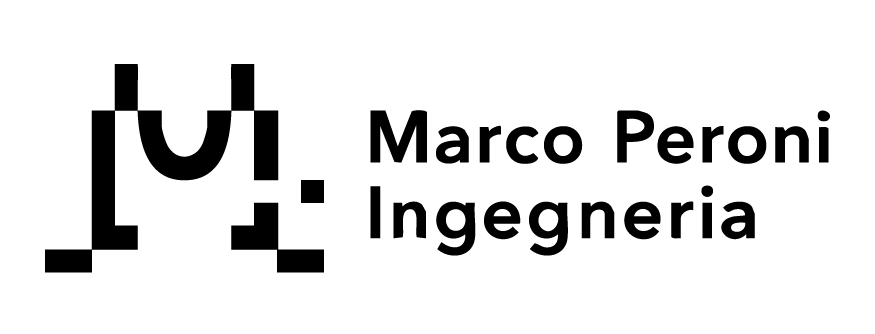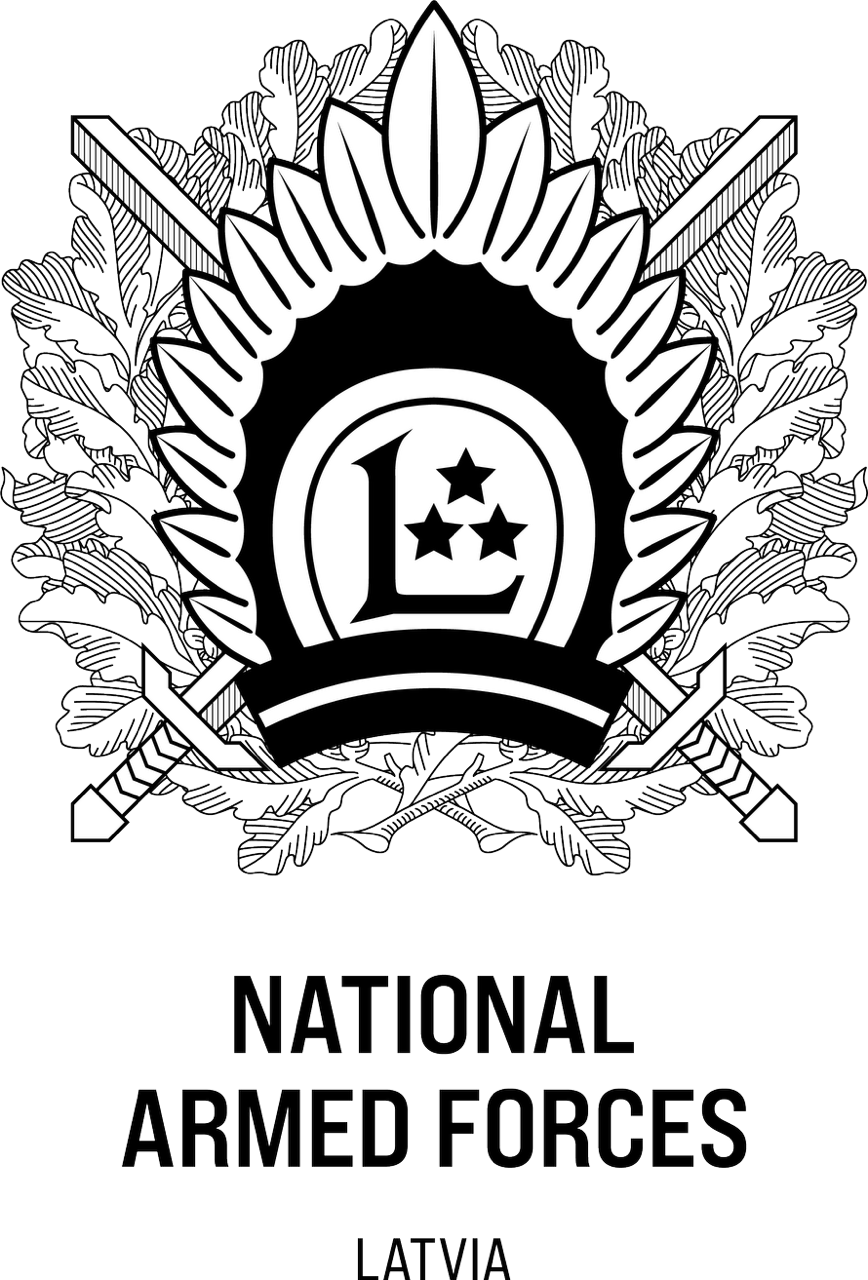LANDSCAPE
OF DEFENCE
AIZSARDZĪBAS
AINAVA
PAESAGGIO
DI DIFESA
19th International Architecture Exhibition
La Biennale di Venezia
19. starptautiskā arhitektūras izstāde
La Biennale di Venezia
19. mostra internazionale di architettura
La Biennale di Venezia
Curatorial statement
What does it mean to live on NATO's external border in times of geopolitical conflict?
The exhibition focuses on the military defence of the Latvian state from the perspective of the inhabitants of the border area. We want to highlight the specific conditions of Latvia’s geographical situation – the reason why its population lives under a constant threat of attack.
The exhibition aims to offer the international architectural discourse a study of the relationship between military defence and spatial condition in the Latvian context. We want to draw attention to the impact of defence measures on people and the landscape. It is an invitation not only to architects, but also policy makers and military defence specialists to take part in the conversation on spatial qualities, encouraging them to consider the physical footprint of defence strategies on a territory and the emotional impact on its population.
In Latvia, in response to the recent geopolitical events, work is underway to strengthen the physical borders of the country to prevent a massive military attack by land. To this end, various defence elements, each with a specific location and function, are ready to be deployed in a coherent system along the country's eastern external border at any time. These include fences, anti-tank "hedgehogs", concrete "dragon's teeth" and anti-tank trenches.
Other military defence measures in Latvia include public information and training on how to deal with crises and war, as well as large-scale military mobilisation – the activation of reservists and the National Guard, and the reintroduction of compulsory military service.
National defence is an ongoing process to be acknowledged and accepted. Our choice of attitude is in our hands – it can make us fear the proximity of war, or it can provide a feeling of reassurance that we are safe.
Kuratoru vēstījums
Ko nozīmē dzīvot uz NATO ārējās robežas ģeopolitiska konflikta laikā?
Izstāde aplūko Latvijas valsts militāro aizsardzību no pierobežas iedzīvotāju perspektīvas. Vēlamies izgaismot Latvijas ģeogrāfiskās situācijas specifiskos apstākļus, kuru dēļ valsts iemītnieki dzīvo pastāvīgos uzbrukuma draudos.
Izstādes mērķis ir starptautiskajam arhitektūras diskursam piedāvāt militārās aizsardzības un telpisko apstākļu attiecību izpēti Latvijas kontekstā. Mēs vēlamies pievērst uzmanību aizsardzības pasākumu ietekmei uz cilvēkiem un ainavu. Aicinām ne tikai arhitektus, bet arī politikas veidotājus un militārās aizsardzības speciālistus iesaistīties diskusijā par telpiskajām kvalitātēm un mudinām izvērtēt aizsardzības stratēģiju fizisko ietekmi uz teritoriju un emocionālo iespaidu uz tās iedzīvotājiem.
Reaģējot uz nesenajiem ģeopolitiskajiem notikumiem, Latvijā tiek stiprināta valsts fiziskā robeža, lai novērstu masīvu militāru sauszemes uzbrukumu. Tamdēļ visā austrumu robežas garumā izvietošanai jebkurā brīdī ir gatavi dažādi aizsardzības elementi – katram no tiem ir konkrēta atrašanās vieta un funkcija, un kopā tie veido vienotu sistēmu. To vidū ir žogi, prettanku "eži", betona "pūķa zobi" un prettanku grāvji.
Citi militārās aizsardzības pasākumi Latvijā ietver sabiedrības informēšanu un apmācību, kā rīkoties krīzes un kara laikā, kā arī plaša mēroga militāro mobilizāciju – rezervistu un Zemessardzes aktivizēšanu un obligātā militārā dienesta atjaunošanu.
Valsts aizsardzība ir nepārtraukts process, kuru apzināties un pieņemt. Mūsu attieksmes izvēle ir mūsu rokās – tas var radīt bailes no kara tuvuma, un var arī sniegt pārliecību, ka esam drošībā.
Dichiarazione curatoriale
Cosa significa vivere sul confine esterno della NATO in un periodo di conflitto geopolitico?
La mostra analizza la difesa militare nazionale della Lettonia dalla prospettiva degli abitanti di confine. Vogliamo far luce sulle circostanze specifiche della situazione geografica della Lettonia, che fa sì che i suoi abitanti vivano sotto la costante minaccia di aggressione militare.
L'obiettivo della mostra è offrire al dibattito architettonico internazionale una ricerca sul rapporto tra difesa militare e condizioni spaziali nel contesto lettone. Intendiamo attirare l'attenzione sul modo in cui le misure di difesa influenzano persone e paesaggio. Invitiamo non solo gli architetti, ma anche i decisori politici e gli specialisti della difesa militare a prendere parte alla discussione sulle qualità dello spazio, incoraggiandoli a valutare l'impatto fisico delle strategie di difesa sul territorio e gli effetti emotivi sugli abitanti.
In risposta ai recenti eventi geopolitici, la Lettonia sta rafforzando il proprio confine fisico per prevenire una massiccia offensiva di terra. Per questo motivo, lungo l'intero confine orientale del paese sono pronti a essere dispiegati in qualsiasi momento diversi elementi di difesa, ciascuno con una posizione e una funzione specifiche in un sistema coerente. Si tratta di recinzioni, ricci anticarro, denti di drago in cemento e fossati anticarro.
Altre misure di difesa militare in Lettonia prevedono informazione e formazione della popolazione su come agire in tempi di crisi e di guerra, nonché la mobilitazione militare su larga scala, ovvero l'attivazione dei riservisti e della Guardia Nazionale oltre la reintroduzione del servizio militare obbligatorio.
La difesa nazionale è un processo continuo da comprendere e accettare. La scelta del nostro atteggiamento è nelle nostre mani: può farci temere la vicinanza della guerra, ma può anche darci la certezza di essere al sicuro.
Events
Pre-opening Biennale May 8 and 9 (by invitation
only)
Opening Latvian Pavilion May 8, at 1:45pm.
Press conference
24 April 2025 at 10am
Notikumi
Biennāles atklāšana
8. un 9. maijā (tikai ar ielūgumiem)
Latvijas paviljona atklāšana
8. maijā pl.13:45
Preses konference
2025.gada 24.aprīlī pl.10.00
Lekcija un diskusija ‘Aizsardzības infrastruktūra’
2025.gada 21.martā pl.16.00
Latvijas Arhitektu
savienībā, Torņa ielā 11
Ieskatu savos pētījumos par robežu infrastruktūru citviet pasaulē sniegs austriešu arhitekts Teo Doitingers (Theo Deutinger). Diskusijai par NATO ārējo robežu stiprināšanu un tās fizisko nospiedumu ainavā pievienosies arī Latvijas paviljona līdzkuratore Ilka Rūbija (Ilka Ruby) un pieredzējušo Latvijas robežas infrastruktūras būvnieku – uzņēmuma Citrus Solutions pārstāvis Dāvis Eniks.
Diskusijas moderatore – Latvijas paviljona līdzkuratore Liene Jākobsone.
Diskusiju rīts ‘Cilvēki un pierobeža’
14.februārī pl.11.00
Kalve Living Room, Kr.
Valdemāra ielā 17a.
Par izmaiņām pierobežas ainavā un militārās aizsardzības iespaidu uz iedzīvotājiem diskutēja sociālantropoloģe un fotogrāfe Elīna Kursīte, profesors un ģeopolitikas pētnieks Māris Andžāns, Dr.sc.pol. un NBS virsniece majore Ieva Karlsberga.
Diskusijas moderatore – Latvijas paviljona līdzkuratore Liene Jākobsone.
Eventi
Pre-apertura Biennale 8 e 9 maggio (solo su invito)
Apertura Padiglione Lettonia 8 maggio alle 13:45
Conferenza stampa
24 aprile 2025 alle 10.00
Contributors
Sadarbības partneri
Collaboratori
Research and development: Andreas Ruby, Theo Deutinger, Elīna Kursīte, Laine Nameda Lazda, Solvita Kārkliņa, Zane Saulīte-Zvaigzne; fashion design: Laima Jurča; video: Una Cekule, Aleksandrs Okonovs; photography: Reinis Hofmanis, Michiel De Cleene; translations: Rita Tura, Laura Ziemele; engineering: Normunds Tirāns, Jans Veļičko, Marco Peroni, Andrea Cassani; lighting: Siim Porila, Laura Mārtinsone; realisation: Ģirts Kalniņš, Ansis Bergmanis, Juris Austriņš, Aigars Maģītis
Izpēte un izstrāde: Andreas Ruby, Theo Deutinger, Elīna Kursīte, Laine Nameda Lazda, Solvita Kārkliņa, Zane Saulīte-Zvaigzne; modes dizains: Laima Jurča; video: Una Cekule, Aleksandrs Okonovs; fotogrāfija: Reinis Hofmanis, Michiel De Cleene; tulkojumi: Rita Tura, Laura Ziemele; inženierija: Normunds Tirāns, Jans Veļičko, Marco Peroni, Andrea Cassani; gaismas: Siim Porila, Laura Mārtinsone; realizācija: Ģirts Kalniņš, Ansis Bergmanis, Juris Austriņš, Aigars Maģītis
Ricerca e sviluppo: Andreas Ruby, Theo Deutinger, Elīna Kursīte, Laine Nameda Lazda, Solvita Kārkliņa, Zane Saulīte-Zvaigzne; disegno di moda: Laima Jurča; video: Una Cekule, Aleksandrs Okonovs; fotografia: Reinis Hofmanis, Michiel De Cleene; traduzioni: Rita Tura, Laura Ziemele; ingegneria: Normunds Tirāns, Jans Veļičko, Marco Peroni, Andrea Cassani; illuminazione: Siim Porila, Laura Mārtinsone; realizzazione: Ģirts Kalniņš, Ansis Bergmanis, Juris Austriņš, Aigars Maģītis
Commissioned by
Pasūtītājs
Commissionato da



Team
Curators
Liene Jākobsone
PhD, architect, designer, founding partner of the Riga-based architecture and design studio SAMPLING, senior researcher and director of the Institute of Contemporary Art, Design and Architecture at the Art Academy of Latvia. She lectures at various universities of Europe and works on research projects both locally and internationally. In her creative practice, she oversees a range of projects, including building projects, as well as interior, adaptive reuse, exhibition and product design.
Ilka Ruby
Berlin-based curator, author, and co-founder of Ruby Press. She is a frequent lecturer and moderator at architecture discussions and events. As a curator, Ruby has realised a number of exhibitions including Druot, Lacaton & Vassal – Tour Bois le Prêtre, German Architecture Museum DAM; Treasures in Disguise, the pavilion of Montenegro at the 14th International Architecture Exhibition La Biennale Architettura; Never Demolish, Copenhagen Architecture Festival; Together! The New Architecture of the Collective, Vitra Design Museum. In 2020, she was co-curator of Enough is Enough for the Beta 2020 Architecture Biennial in Timisoara, Romania.
Komanda
Kuratores
Liene Jākobsone
PhD, arhitekte, dizainere, Rīgā darbojošās arhitektūras un dizaina studijas SAMPLING līdzdibinātāja, Latvijas Mākslas akadēmijas Laikmetīgās mākslas, dizaina un arhitektūras institūta direktore un vecākā pētniece. Lasa lekcijas vairākās Eiropas universitātēs un strādā pie lokāliem un starptautiskiem pētījumu projektiem. Savā radošajā praksē izstrādā ēku, interjeru un adaptīvās pielāgošanas projektus un veido ekspozīciju, vides objektu un produktu dizainu.
Ilka Ruby
Berlīnē strādājoša kuratore, arhitektūras publiciste un izdevniecības Ruby Press līdzdibinātāja. Kā kuratore realizējusi virkni izstāžu, ieskatot Druot, Lacaton & Vassal – Tour Bois le Prêtre Vācijas Arhitektūras muzejā DAM; Treasures in Disguise, Montenegro paviljons 14. starptautiskajā arhitektūras izstādē La Biennale Architettura; Never Demolish, Kopenhāgenas Arhitektūras festivālā; Together! The New Architecture of the Collective, Vitra dizaina muzejā. 2020.gadā viņa bija līdzkuratore Timišoaras Arhitektūras biennālei Beta 2020 Enough is Enough Rumānijā.
Team
Curatrici
Liene Jākobsone
PhD, architetta, designer, socia fondatrice dello studio di architettura e design SAMPLING con sede a Riga, ricercatrice senior e direttrice dell'Istituto di Arte Contemporanea, Design e Architettura presso l'Accademia di Belle Arti della Lettonia. Tiene lezioni in varie università europee e lavora a progetti di ricerca sia a livello locale che internazionale. Nell’ambito della sua professione sviluppa progetti edilizi, di interni, di riuso adattativo. Si occupa inoltre di design espositivo, product design e installazioni en plein air.
Ilka Ruby
Curatrice attualmente situata a Berlino, autrice e cofondatrice di Ruby Press. È relatrice e moderatrice di dibattiti ed eventi sull'architettura. Come curatrice ha realizzato numerose mostre, tra cui Druot, Lacaton & Vassal – Tour Bois le Prêtre, presso il Museo Tedesco dell'Architettura DAM; Treasures in Disguise, il padiglione del Montenegro alla 14a Biennale Architettura; Never Demolish al Festival di Architettura di Copenhagen; Together! The New Architecture of the Collective, presso il Vitra Design Museum. Nel 2020 è stata co-curatrice di Enough is Enough per Beta – Biennale di Architettura di Timisoara, Romania.
Exhibitors
Izstādes dalībnieki
Espositori
SAMPLING
&
NOMAD architects
Manten Devriendt, Liene Jākobsone,
Marija Katrīna Dambe, Florian Betat
Project management
Projekta vadība
Gestione del progetto
Liene Jākobsone
Commissioner
Komisārs
Commissario
Jānis Dripe
Ministry of Culture of the Republic of
Latvia
Latvijas Republikas Kultūras ministrija
Ministero della Cultura della Repubblica di
Lettonia
Press - Contacts
Press office
The Architecture Curator
media@thearchitecturecurator.com
+39 055
4684 187
For further information
info@sampling.lv
Facebook: LVpavilion
Instagram: lv_pavilion
Download press-kit (dropbox)
Prese - Kontakti
Preses birojs
The Architecture Curator
media@thearchitecturecurator.com
+39 055
4684 187
Uzzini vairāk
info@sampling.lv
Facebook: LVpavilion
Instagram: lv_pavilion
Lejuplādēt preses informācijas komplektu (dropbox)
Stampa - Contatti
Ufficio stampa
The Architecture Curator
media@thearchitecturecurator.com
+39 055
4684 187
Per maggiori informazioni:
info@sampling.lv
Facebook: LVpavilion
Instagram: lv_pavilion
Scarica il press-kit (dropbox)
Visit
Arsenale di Venezia, Artiglierie
May 10 -
November 23, 2025
Closed on Mondays (except 12 May and 17 November)
Apmeklē
Venēcijas Arsenāls, Artiglierie
10. maijs - 23. novembris, 2025
Slēgts pirmdienās (izņemot 12. maiju un 17.
novembri)
Visita
Arsenale di Venezia, Artiglierie
10 maggio - 23 novembre 2025
Chiuso il lunedì (tranne 12 maggio e 17 novembre)
Sponsors
Atbalstītāji
Sponsori


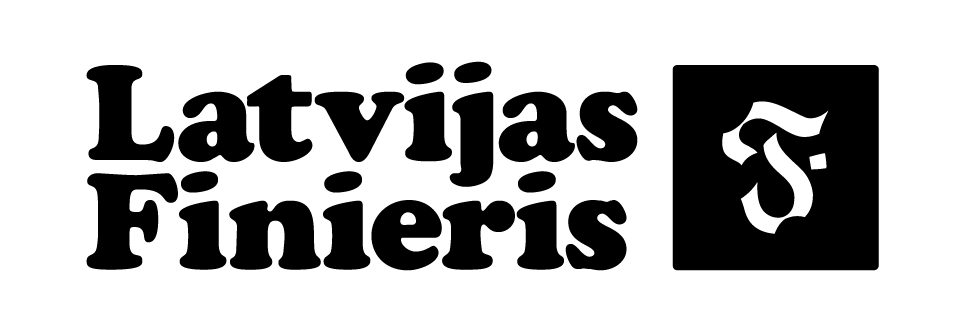
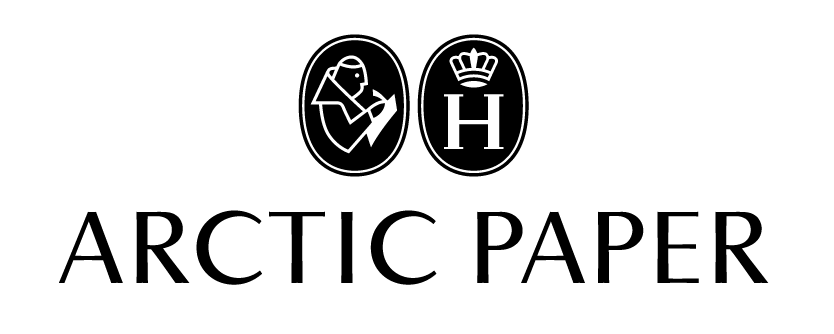

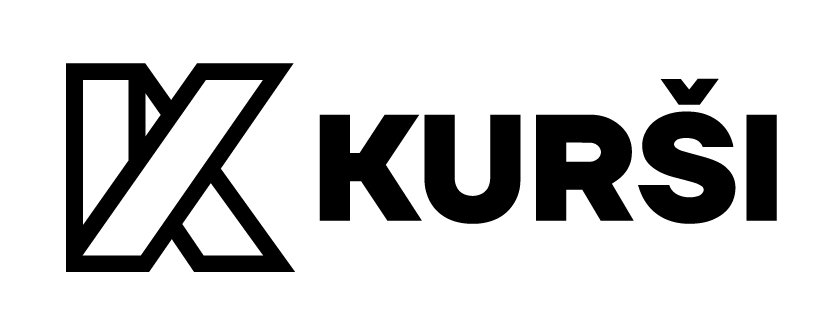

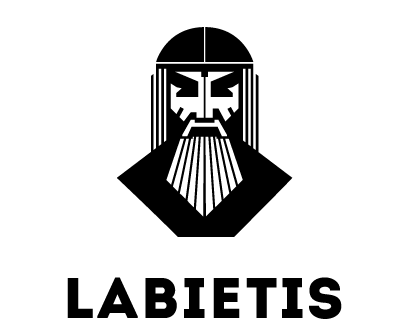
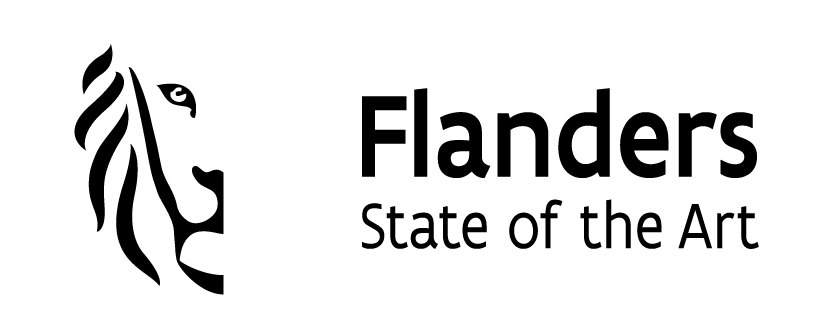
Partners
Partneri
Partner
